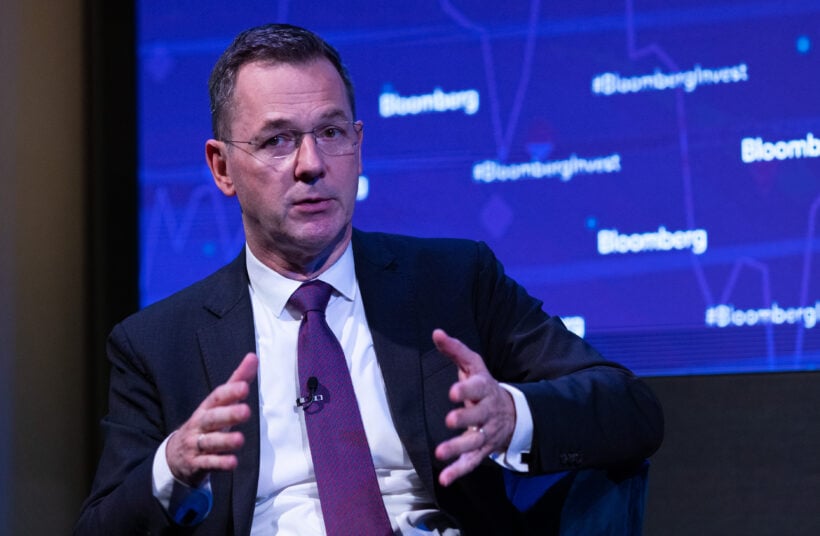
South Africa is one of Africa’s largest economies, with robust manufacturing, mining, and agriculture sectors. It is also an important financial center, a digital innovator, and a hive of artistic creativity.
And yet, the country’s struggling power infrastructure is preventing a bright economy from really dazzling.
During a recent visit to South Africa, I met with public and private sector partners to affirm IFC’s commitment to deepening its support for the country’s private sector development agenda.
Energy transmission was an important focus of our meetings, with discussions centering on how private investment can buttress government efforts to build some of the vital power infrastructure the country needs.
Challenges associated with generating power often grab the headlines, but the transmission challenge is an equally urgent global issue: countries around the world need to add or replace about 50 million miles of transmission lines by 2040 to meet their climate goals and to achieve energy security, according to a recent report by the International Energy Agency.
In South Africa, the transmission grid needs significant investments to be able to absorb new generation capacity, especially from renewables.
South Africa’s Minister of Energy and Electricity, Kgosientsho Ramokgopa, and I discussed the country’s energy challenges and opportunities, particularly around transmission and distribution infrastructure, which includes the lattice towers, poles, high-voltage cables, and transformers that bring power to homes, schools, businesses, and hospitals.
South Africa’ s government has already opened generation to the private sector, under the Renewable Energy Independent Power Producer Program. This has achieved notable results: since 2011 over 6,000MW of wind, solar photovoltaic and other renewable energy generation capacity has been procured.
However, Eskom, the state utility, remains entirely responsible for building and maintaining the country’s transmission infrastructure.
This might soon change.
In August 2024, South African President Cyril Ramaphosa signed the Electricity Regulation Amendment Bill, which introduced far-reaching reforms of South Africa’s energy sector aimed at establishing a competitive electricity market, including in transmission.
The country’s transmission needs certainly are enormous. The country must build an estimated 1,400 km of new transmission lines annually for the next 10 years to meet its energy needs. This equates to roughly $10 billion in investment for the lines and associated infrastructure to improve and expand the power grid.
The investment and capacity needed to meet the energy gap is huge—and cannot be achieved at the scale and speed needed using the status quo approach.
That is why IFC is providing advisory support to the Government of South Africa to help identify and operationalize private sector participation models in transmission, something that is already happening successfully in Latin America and India, for example.
Specifically, IFC is sharing its regional and global experience with South Africa and supporting a regulatory framework for private participation to enable the government to roll out the first independent power transmission projects and document lessons learned to support a broader program rollout.
Besides that, we have partnered with South Africa’s government to create an Energy One Stop Shop, which will be a single point for energy projects and will expedite approvals.
President Ramaphosa has hailed the new electricity bill as one that will “lead to long term energy security, a more competitive energy system, more rapid uptake of renewable energy sources, and ultimately lower energy prices for all South Africans.” IFC is committed to supporting South Africa towards its energy goals. We are working through a joint World Bank Group approach to help create an enabling environment that can unlock the massive investments needed to ensure energy security in the country.

